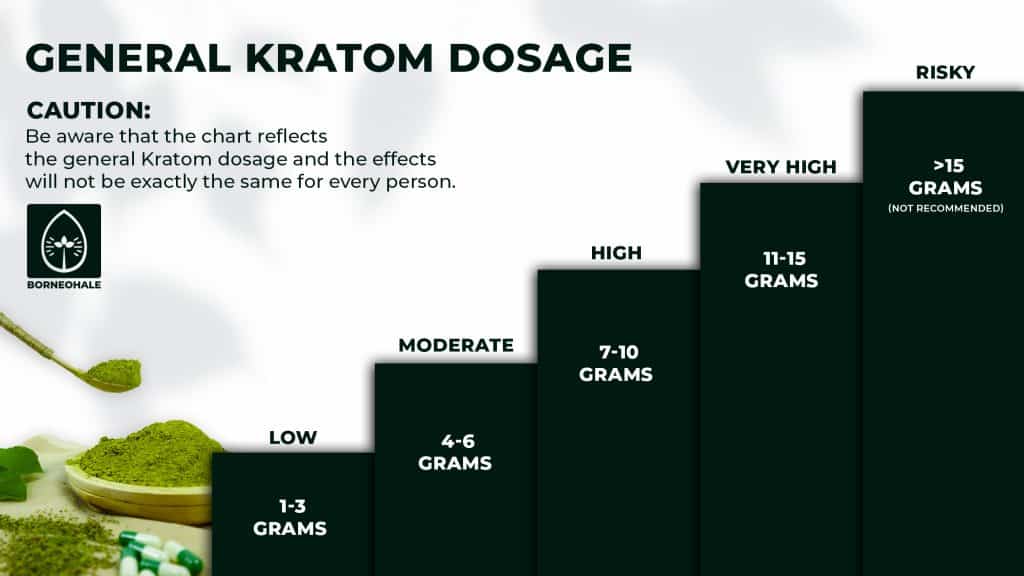Kratom, a botanical substance derived from the leaves of the Mitragyna speciosa tree, has gained popularity in recent years for its purported health benefits. However, concerns about its safety and legality have led many individuals to seek out alternative remedies for managing various health conditions. In this article, we will explore some of the most popular kratom alternatives and their potential benefits.
- Kava Kava
Kava kava, also known simply as kava, is a plant native to the Pacific islands that has been used for centuries for its calming effects. The active compounds in kava, known as kavalactones, act on the brain's GABA receptors, producing a calming and sedative effect. Kava is commonly used to alleviate anxiety, stress, and insomnia.
One of the main advantages of kava as a kratom alternative is its ability to provide relaxation without causing sedation or impairing cognitive function. Kava is often consumed in the form of a traditional beverage made from the root of the plant, but it is also available in capsule or extract form for convenience.
It is important to note that kava should be used with caution, as excessive consumption has been associated with liver damage. It is recommended to consult with a healthcare provider before using kava, especially if you have pre-existing liver conditions or are taking medications that affect liver function.

- CBD (Cannabidiol)
CBD, short for cannabidiol, is a non-psychoactive compound derived from the cannabis plant. CBD has gained popularity in recent years for its potential health benefits, including its anti-inflammatory, anti-anxiety, and pain-relieving properties. CBD is commonly used to manage conditions such as chronic pain, anxiety, depression, and insomnia.

CBD products come in a variety of forms, including oils, tinctures, edibles, and topical creams. CBD is generally well-tolerated and does not produce the same psychoactive effects as THC, another compound found in cannabis. However, it is important to note that the quality and potency of CBD products can vary, so it is essential to purchase from reputable sources.
- Akuamma Seed
Akuamma, also known as Picralima nitida, is a plant native to West Africa that is traditionally used for its analgesic and sedative effects. The seeds of the akuamma tree contain alkaloids that act as pain relievers and muscle relaxants, making it a popular alternative to kratom for managing chronic pain and inflammation.

Akuamma seeds can be ground into a powder and consumed orally or used to make a tincture. Some individuals also use akuamma in combination with other herbs or supplements to enhance its effects. Like kava and CBD, akuamma should be used with caution and under the guidance of a healthcare provider to avoid potential side effects.
- Blue Lotus
Blue lotus, also known as Nymphaea caerulea, is a water lily plant native to Egypt that has been used for its medicinal and psychoactive properties for thousands of years. Blue lotus contains alkaloids and flavonoids that act as sedatives, anxiolytics, and mood enhancers, making it a popular alternative to kratom for managing anxiety, stress, and insomnia.
Blue lotus can be consumed in various forms, including teas, tinctures, and extracts. Some individuals also use blue lotus in combination with other herbs or supplements to enhance its effects. It is important to note that blue lotus may have mild psychoactive effects, so it is recommended to start with a low dose and gradually increase as needed.
- Phenibut
Phenibut, short for β-phenyl-γ-aminobutyric acid, is a synthetic compound derived from GABA, a neurotransmitter that inhibits the activity of the central nervous system. Phenibut has sedative, anxiolytic, and mood-enhancing effects, making it a popular alternative to kratom for managing anxiety, stress, and insomnia.
Phenibut is commonly taken orally in capsule or powder form. It is important to use phenibut with caution, as it can be habit-forming and may cause withdrawal symptoms with prolonged use. It is recommended to use phenibut sparingly and under the guidance of a healthcare provider to avoid potential risks.
In conclusion, there are several natural alternatives to kratom that may provide similar benefits for managing various health conditions. Kava kava, CBD, akuamma seed, blue lotus, and phenibut are just a few examples of alternative remedies that can be explored. It is essential to research each option thoroughly, consult with a healthcare provider, and start with a low dose to gauge tolerance and effects. By exploring these kratom alternatives, individuals can find safe and effective ways to support their health and well-being without relying on potentially harmful substances.
For more information on Kratom Effects (
Shorl.Com) review our own internet site.